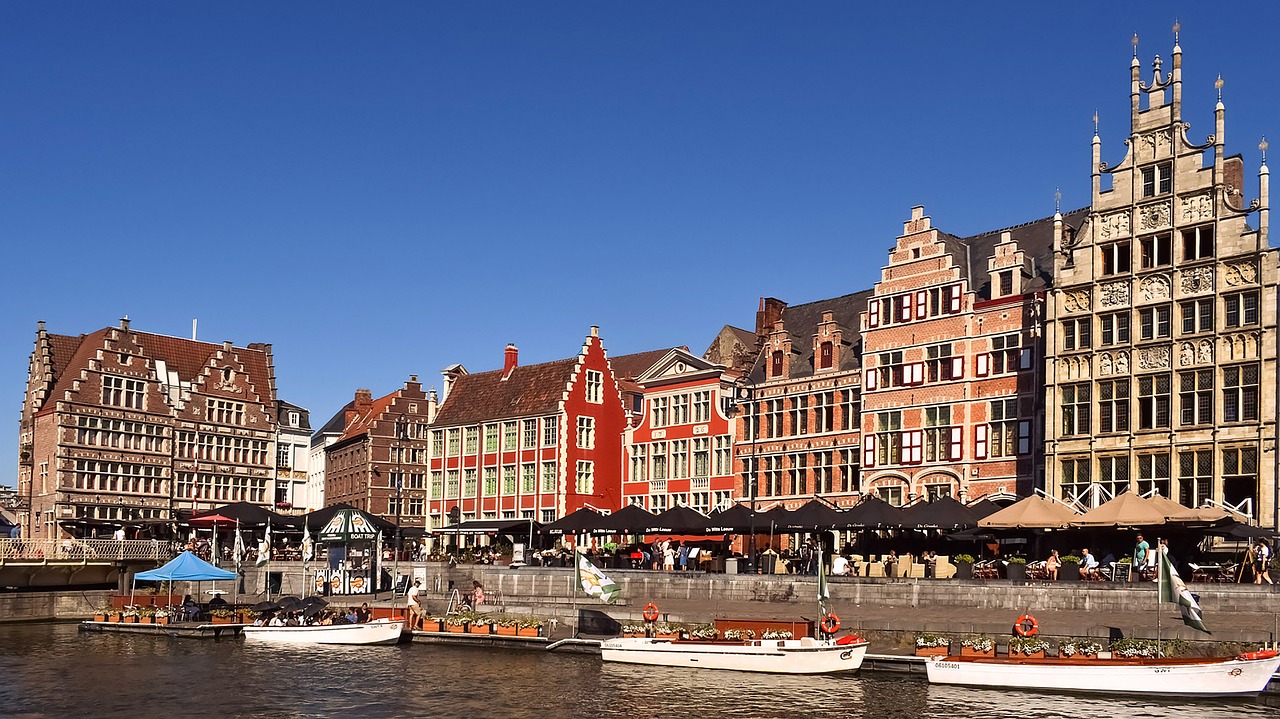7 SPP Pillars for Ghent:
- Minimizing the ecological footprint throughout the entire life cycle with a focus on:
- Rational use of energy and independence of non-renewable energy
- Minimizing the impact on local air quality through efficient and environmentally friendly transportation and deliveries
- Avoiding waste
- Encouraging sustainable employment of disadvantaged groups with a focus on:
- Increasing the opportunities on the labour market for job seekers from disadvantaged groups – with specific attention for youth unemployment
- Strengthening the sustainable growth of the social economy sector
- Promoting sustainable innovations.
- Fostering local economic growth with special attention for start-ups and innovative companies.
- Integrating and assuring international labour standards and fair trade principles throughout the supply chain.
- Encouraging sustainable entrepreneurship amongst suppliers
- Increasing the maturity of the procurement function and striving towards excellence in procurement
eProcurement:
In 2014 the decision was made to implement an eProcurement module SRM, as an interface to the enterprise software SAP. This eProcurement system allows a more structural approach to purchasing policies and enables centralised reporting on the basic spend analysis questions (when is what being bought by who from which supplier?). These analyses will be the basis for further grouping of contracts and dealing with maverick buying.
Joint Procurement:
Combined with the new operational model for the city of Ghent, developing a closer link in operations between City of Ghent and its partners (OCMW Ghent, non-profit organizations, Cultural organizations, etc), the opportunity is explored for all new contracts to broaden the scope of customers to all partners within the Group Ghent. This creates significant opportunities with regards to economies of scale and achieving better prices for products, as well as freeing up procurement expertise resources by combining contracts and thus reducing overhead costs.
Encouraging Innovation:
In order to realise its strategic goals, Ghent has pursued the integration of sustainable criteria in contracts, and the development of innovative processes and methodologies in order to realise strategic goals. At the EcoProcura 2014 conference, which Ghent hosted, the city signed a SUSTAINABLE PROCUREMENT STRATEGY and a Charter that obliges the city to spend 10 percent of its ICT budget on innovative solutions.
Social Economy:
Ghent has been making improvements in its support for social economy businesses. It increased its contracts reserved for the social economy from one in 2014 to five in 2015, and then increased the value of social economy contracts two and a half times by 2016 (from €69.5m to €167.4m). In particular, 5.6% of its cleaning services are spent in the social economy.
Strategic Roadmap:
In order to introduce sustainable procurement on a structural level into all contracts, a strategic roadmap was developed. This roadmap lists all the planned contracts for the near future (year+1) and enables the discussion with all relevant stakeholders in order to set individual targets for each contract taking the market maturity into account. By allowing the relevant policy advisors to engage in conversation with the respective procurers it is made sure that the contracts contribute optimally to the strategic goals of all parties involved.
